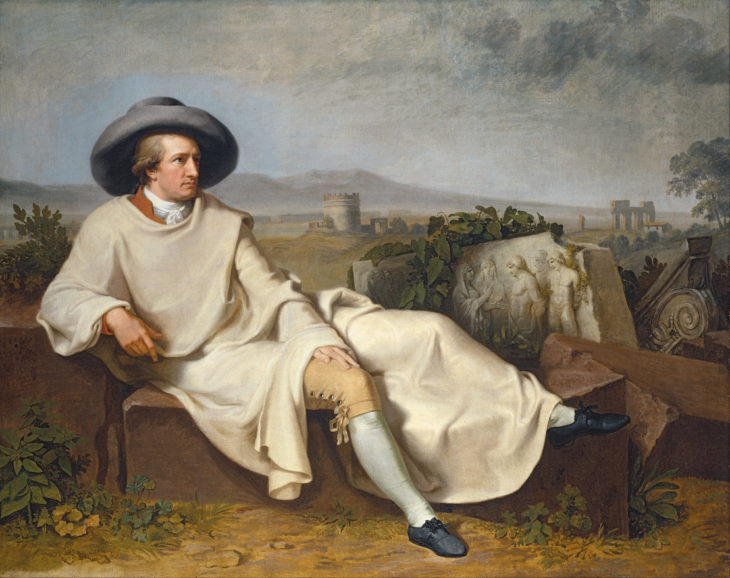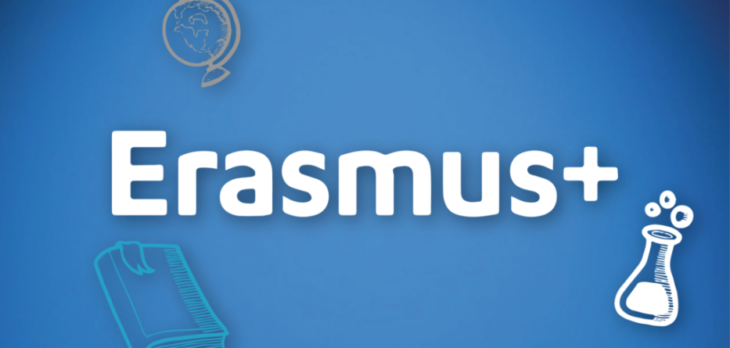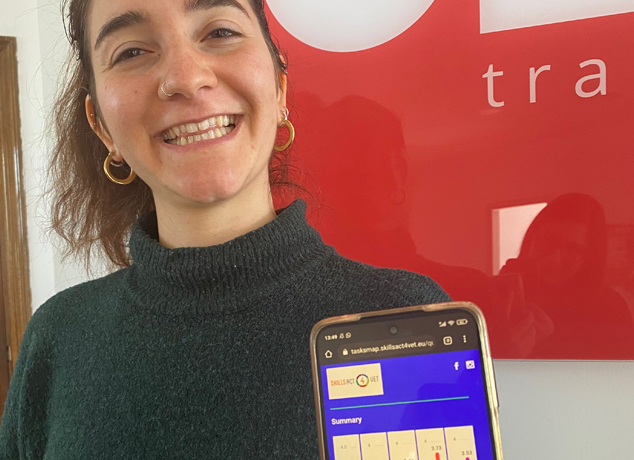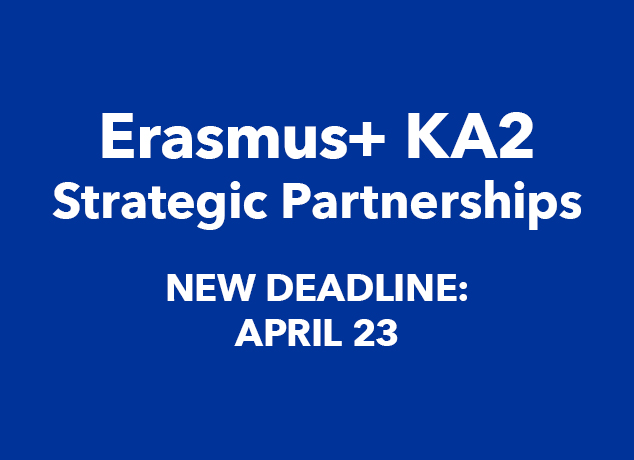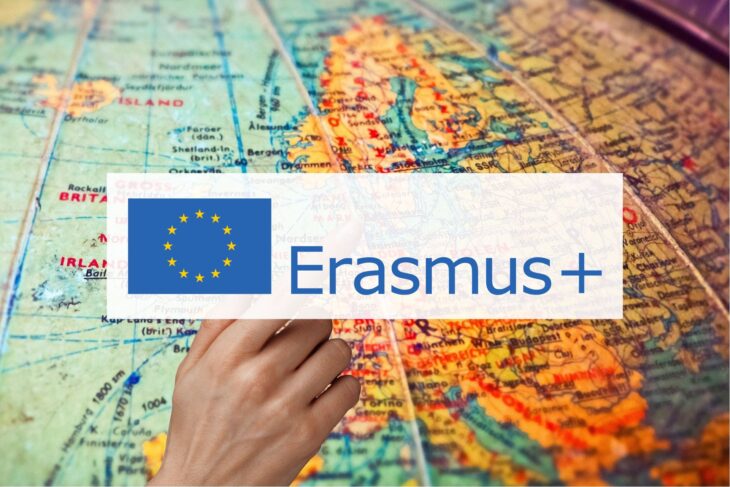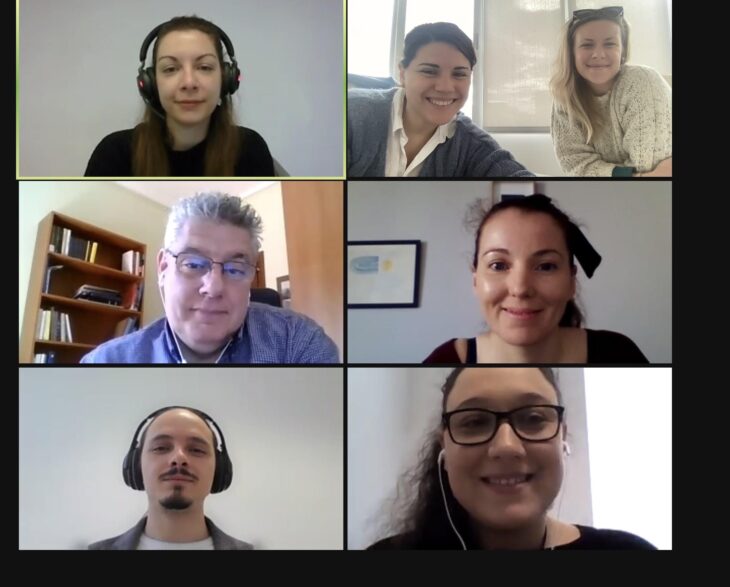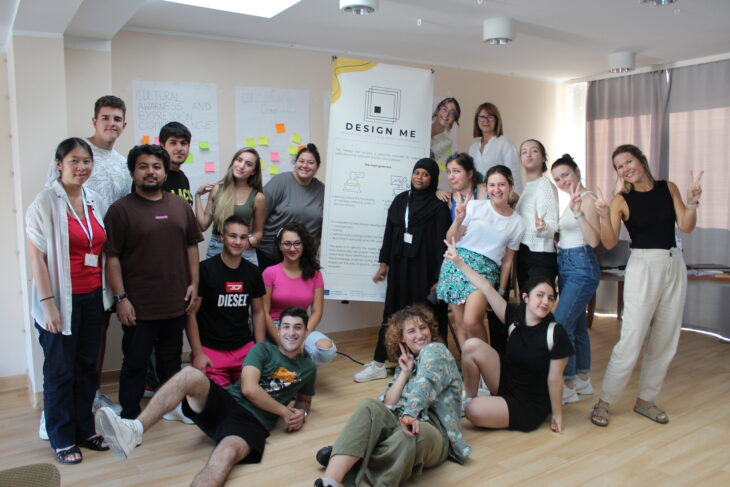In one of the articles on Erasmus+ we answered six questions by touching on the most important aspects. Now, speaking of the key issues, we see here how the Program intends to promote the sustainable development of its partners in the field of higher education and contribute to the achievement of the objectives set in the EU strategy.
Regarding the environmental protection, “The European Green Deal” is a document that reformulates the Commission’s commitment to tackle climate and environmental problems on a new basis. With each passing year, the atmosphere is getting warmer and the climate changes. Of the eight million species on the planet, one million are at risk of extinction. We are witness of the pollution and destruction of forests and oceans. The European Green Deal is the answer to these challenges! This is a new growth and development plan aimed at transforming the EU into a prosperous society with a modern economy. Climate change and environmental degradation are a huge threat to Europe and the world. To overcome these challenges, the European Green Deal will transform the EU into a modern, resource-efficient and competitive economy by ensuring:
• net zero gas emissions by 2050;
• economic growth dissociated from the use of resources;
• no person and no place are neglected.
It also aims to protect, preserve and improve the EU’s natural capital and to protect citizens’ health and well-being from environmental risks and their disastrous consequences. At the same time, this transition must be inclusive. Projects must contribute to a more climate-friendly Europe. Traveling with more respect for the environment in ecological means of transport, live in a sustainable and resource-efficient society, as well as promoting sustainable projects and a greater use of digitization can make an important contribution to achieve this goal.
Therefore, Erasmus+ acts as an awareness-raising tool for the development of knowledge, skills and attitudes regarding climate change in favor of supporting sustainable development. The program will promote mobility opportunities in green and future-oriented areas, which foster skills development, improve career prospects and engage participants in strategic areas for sustainable growth, with a focus on rural development (sustainable agriculture, soil defense, bio-agriculture, etc). Which are the projects rewarded? The ones aimed at developing skills in green sectors, including those in the context of the contribution of education and culture to the Sustainable Development Goals, methodologies and strategies on green sectoral skills, future-oriented programs and initiatives that support approaches for the environmental sustainability of the participating organizations. Erasmus+ supports the use of innovative practices designed to make participants the real actors of change. Furthermore, more and more priority will be given to projects which, through education, training, sports and youth activities, support changes in terms of individual choices, cultural values and awareness and, more generally, promote commitment to sustainable development. In the conception of the activity, the organizations and participants involved should therefore try to plan, in all projects, ecological practices that encourage them to discuss and acquire knowledge on environmental issues, to think about local actions and to find alternative and more ecological ways to implement their business.
A good example of all this was the Erasmus+ KA1 project “Get moving into a circular economy” of which our organization ETN School was a partner and of which the Province of Potenza was the leader.
Furthermore, platforms such as e-Twinning and EPALE will continue to produce materials and facilitate the exchange of effective teaching policies and practices in favor of environmental sustainability.
Follow us for more information on the Erasmus+ Program…
Written by Federica Summa


